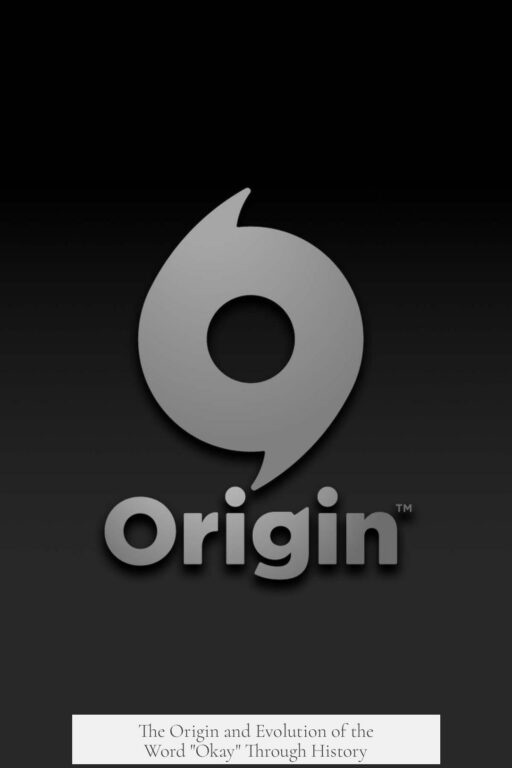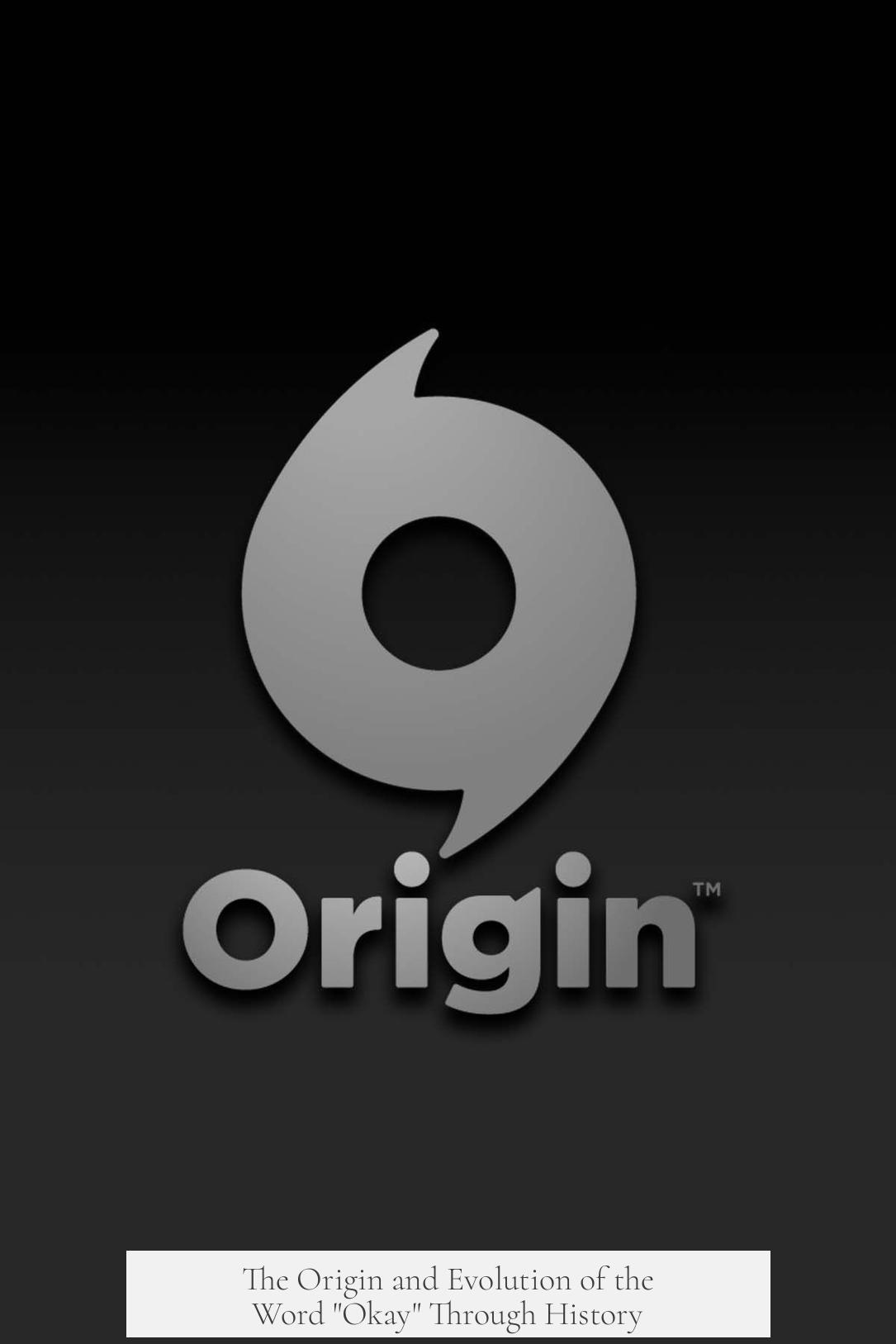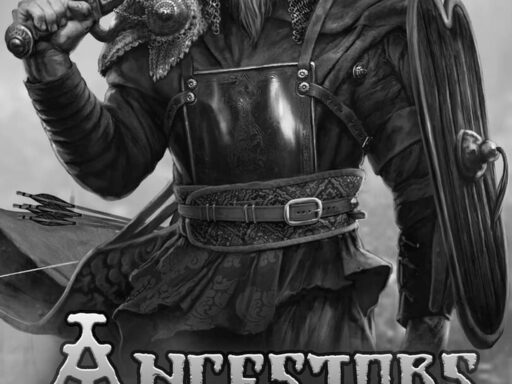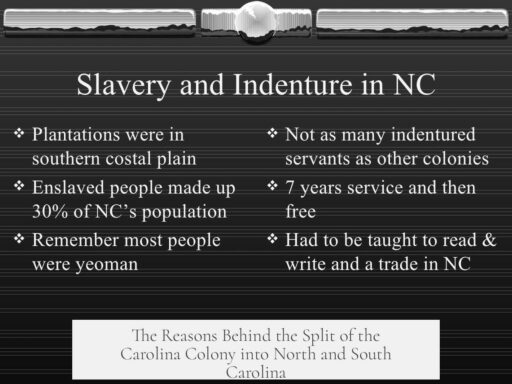The word “okay” began to enter common usage during the 1840 U.S. presidential election, where it gained popularity as a political slogan connected to Martin Van Buren’s campaign. However, its linguistic roots trace back further, with multiple theories suggesting older origins.
The popularization of “okay” is often linked to the 1840 election. According to Allen Walker Read, a key etymologist of the word, earlier supposed uses of “OK” were misinterpretations of other abbreviations like “ATT” and “O.R.” Read’s groundbreaking 1941 study, The Evidence on O.K., highlights the formation of the “O.K. Club” by Democrats supporting Martin Van Buren, nicknamed “Old Kinderhook.”
This club and its supporters, including radical Locofocos, used “O.K.” as a rallying cry or watchword. Read’s research suggests that the phrase gained broad recognition and entered the American English lexicon through this political context. The phrase symbolized agreement and endorsement of Van Buren’s bid for re-election.
Despite Read’s well-known theory, some linguists argue for an earlier use of “O.K.” Evidence found by Robert G. Gunderson points to the term meaning “all correct” emerging at least a month before the establishment of the O.K. Club in 1840. This suggests the phrase had begun circulating informally prior to the campaign.
Other scholars propose the word originated even earlier through linguistic influences from Scotland and Ireland. Frank A. Greco and Mary Degges connect “okay” to the Scottish phrase “och aye” and the Irish “ough aye,” both translating as “oh yes” and dating back to around 1600. The Scots-Irish immigrant population brought these expressions to America, which may have evolved or merged with English usage.
While these ancient phrases are phonetically similar to “okay,” Greco and Degges agree the public’s widespread use of “okay” as understood today only took off after the 1840 political campaign. This supports a distinction between the word’s etymological roots and its popular adoption timeline.
Additional possible sources include words from African and Native American languages, such as the Mandinge “o ke” in Bantu, the Wolof “waw-kay,” and the Choctaw “okeh.” These might have influenced American speech via African slaves and indigenous peoples. However, verified evidence for these origins remains scarce and less academically supported.
It is important to recognize the context when “okay” appears in media or writing. Using “okay” after the 1840s aligns with its documented usage. Prior to that time, the word would be anachronistic unless referring to historical Scottish or Irish expressions.
| Theory | Origin Date | Explanation |
|---|---|---|
| Allen Walker Read | 1840 (popularization) | Derived from “O.K. Club” supporting Van Buren’s campaign; symbol of approval |
| Gunderson and Greco | Pre-1840 (circulation) | Evidence of “O.K.” meaning “all correct” before the O.K. Club |
| Greco and Degges | 1600s (linguistic roots) | Origin from Scottish “och aye” and Irish “ough aye” – “oh yes” |
| Other Linguistic Influences | Uncertain | Possible African and Native American sources, but weak evidence |
Overall, “okay” becomes part of American English primarily in the 1840s election cycle. Its earlier linguistic predecessors may explain its sound and meaning, but its role as a popular word starts with 19th-century political events.
- “Okay” popularized in 1840 U.S. presidential election supporting Martin Van Buren
- Pre-1840 written uses might be misread or less certain
- Scottish and Irish expressions like “och aye” provide older linguistic roots
- Other potential linguistic influences exist but lack strong evidence
- Use after 1840 in media is appropriate; before that, it may be anachronistic
When did we start using the word “okay”?
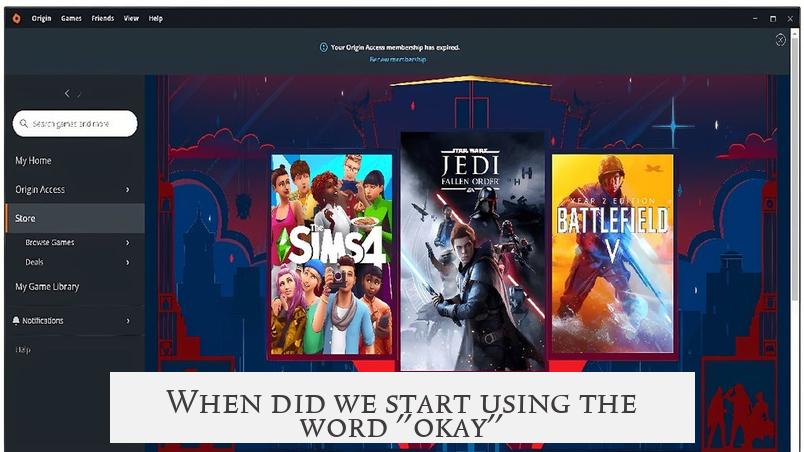
Simply put, the word “okay” entered the American English lexicon around the 1840 U.S. presidential election. It gained traction as a political rallying cry but its roots might dig deeper, tracing back to Scottish and Irish phrases from the 1600s. But let’s dig into the history, theories, and trivia behind this everyday word we all throw around without thinking twice.
The origin of “okay” feels a bit like a detective story with conflicting clues and whisperings from the past. Is okay just a charming election slogan turned everyday word, or does it carry centuries of cultural baggage from faraway lands? Grab your magnifying glass (or just your curiosity), and let’s unravel this mystery.
A Complex Puzzle with Many Pieces
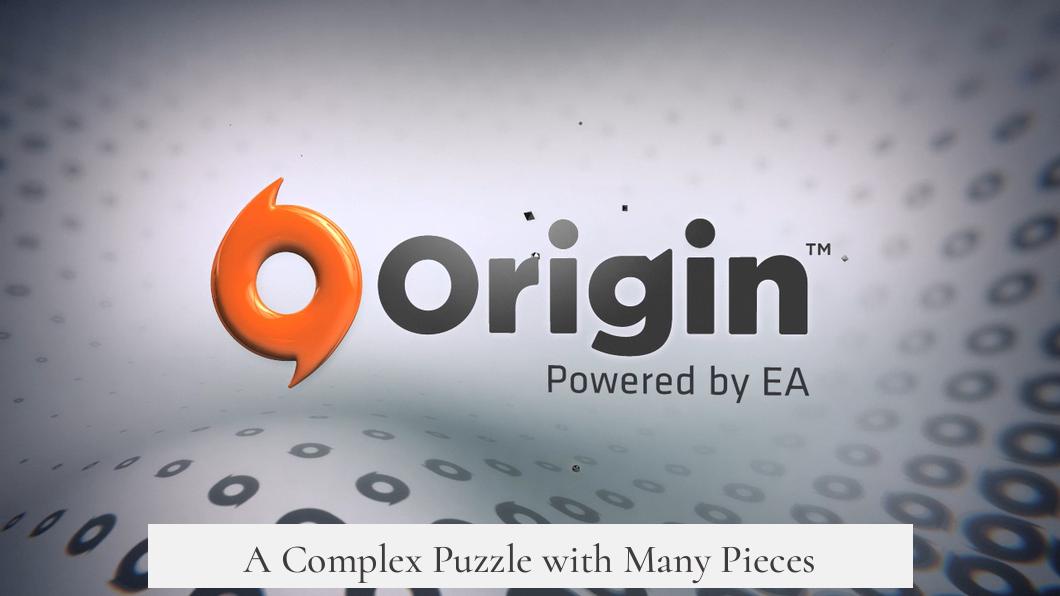
The etymology of “okay” is famously complex and unclear. You might think “okay” sounds casual and simple. But, scholars debate its source passionately, and the evidence is anything but straightforward.
There are multiple competing theories about where “okay” came from. Attributions span political clubs, immigrant lexicons, African and Native American languages, and misread historical documents. So how did it gain ground in English? The spotlight often falls on one scholar’s research, but even that isn’t the end of the story.
Allen Walker Read’s Theory: Election Year Explosion

Allen Walker Read, a famous etymologist, published The Evidence on O.K. in 1941. He argued many supposed references to “okay” before 1840 were actually mistakes—”ATT” or “O.R.”, for example. Read’s theory rests on the 1840 U.S. presidential election where “okay” exploded in popular use.
“The phrase became popular in American English during the presidential election of 1840,” Read asserts. He pointed to the formation of the “O.K. Club,” a group of Democrats rallying behind Martin Van Buren, nicknamed “Old Kinderhook.” This club turned “O.K.” into a secretive rallying cry, especially among the radical Locofocos.
Imagine a spirited political rally in 1840s America. Supporters shout “O.K.!” as symbolic support for Van Buren’s campaign. The word morphs from political slang into a common English term.
So, did “okay” exist before 1840? Some voices say yes.
Earlier Evidence from Gunderson and Greco
Robert G. Gunderson discovered uses of “O.K.” meaning “all correct” that predate the O.K. Club by at least a month.
Frank A. Greco confirms this, noting, “O.K. is used as all correct… which antedated the O.K. Club by at least a month.”
This suggests the term simmered before the campaign, although it’s unclear whether it was widespread or just niche slang.
Scottish and Irish Roots: Och Aye, or Just A Lie?
Another linguistic camp, including Greco and Mary Degges, argues that “okay” has Celtic origins. They trace it to the Scottish “och aye” and the Irish “ough aye,” both meaning “oh yes.” These expressions might date back as far as the 1600s.
“Modern English ‘okay’ originates from the Scottish ‘och aye’ and Irish ‘ough aye’ which translate literally to ‘oh yes’ and were in use perhaps as early as 1600,” they explain.
Though this theory pushes the origin centuries back, Greco and Degges agree that “okay” didn’t become popular in the U.S. until after Van Buren’s campaign. Thus, Scottish and Irish immigrants possibly brought a smidge of old-world “oh yes” that evolved into today’s okay.
What About African and Native American Influences?
Some researchers propose other linguistic ancestors — for instance, the Mandinge “o ke” from Bantu languages and Wolof “waw-kay,” which African slaves brought over might have used. Another contender is the Choctaw Native American word “okeh.”
However, these influences lack strong academic backing. Evidence remains anecdotal and speculative rather than conclusive.
It’s an intriguing idea: America as a melting pot where “okay” bubbled up from multiple streams. But hard proof? Not quite.
Okay Today: More than Just a Word
Nowadays, “okay” does more than approve or agree. It serves as a discourse marker—a linguistic Swiss Army knife.
According to The Longman Grammar of Spoken and Written English, discourse markers like “okay” help speakers navigate conversation. They signal transitions, confirm listening, or soften statements.
“Inserts which tend to occur at the beginning of a turn or utterance and combine two roles: to signal a transition in conversation, and to signal an interactive relationship between speaker, hearer, and message.”
Linguist Zarina Othman adds that these markers are syntactically independent. Remove “okay,” and the sentence usually keeps its meaning, but loses a bit of conversational flavor.
Practical Takeaways: When Is “Okay” Historically Accurate?
If you’re writing a story set in the 1800s USA, using “okay” in dialogue after 1840 is spot-on. Before that, it might feel off—unless you lean on the Scottish or Irish origins for older settings, say a 17th-century Scottish clan scene.
“If your film or series is set after 1840, then the use of ‘okay’ is not anachronistic. If before, it probably is,” but there’s wiggle room based on competing etymology theories.
Also, “okay” and “all right” are interchangeable as discourse markers. So if you want to sound both contemporary and historically credible in dialogue, feel free to swap them around.
Summary: The Okay Origin Story
- “Okay” popularized during Martin Van Buren’s 1840 presidential campaign as a rallying cry tied to the “O.K. Club.”
- Earlier evidence shows “O.K.” meaning “all correct” might predate the club by at least a month.
- Scottish and Irish roots point to “och aye” and “ough aye” from the 1600s, but which gained American currency post-1840.
- Other linguistic influences from African and Native American words are possible but unproven.
- Today, “okay” serves not just as an approval but as a discourse marker smoothing conversations.
- Using “okay” after 1840 in American English narratives is historically sound.
Have You Ever Thought About How Such a Simple Word Holds Such a Rich Story?
Sure, “okay” feels casual and everyday now. Yet it carries echoes of political battles, immigrant voices, and linguistic blending. So next time you say “okay,” you’re connecting to a centuries-old tradition. Isn’t that kind of cool?
Do you have a favorite theory about “okay”? Or a story where this word would shine in dialogue? Feel free to share—language history is one giant living conversation!
